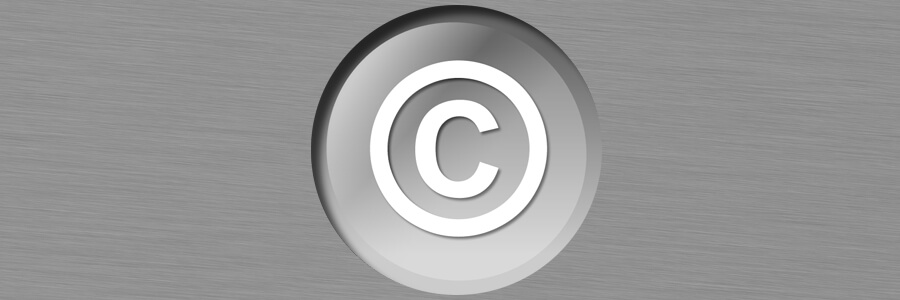
Copyright is a set of exclusive rights granted to the owner for a limited time to protect the particular form, way or manner in which an idea or information is expressed.
Copyright work may include:
- literary & artistic work, music
- Films
- Paintings
- Sculptures,
- Computer programs and database etc
Copyright is Moral and economic rights of authors/ writers, publishers, performers and producers of sound recordings (phonograms).
The Copyright Law protects the copyright owner over reproduction of the work, derivative works, distribution, copying of musical works, public performance of the work, or displaying the work in public. For example, a description of a machine could be copyrighted, preventing others from unauthorized use of the description; others could write their own description or use the machine.
People are copyright infringers if they violate the exclusive rights of a copyright owner. Copyright owners can recover damages from the infringer. Courts can issue orders or injunctions to prevent or restrain copyright infringement and to order the impoundment and destruction of infringing copies.
Duration of Copyright protection is life time of the author plus 50 years thereafter after which the work is said to enter the public domain.















